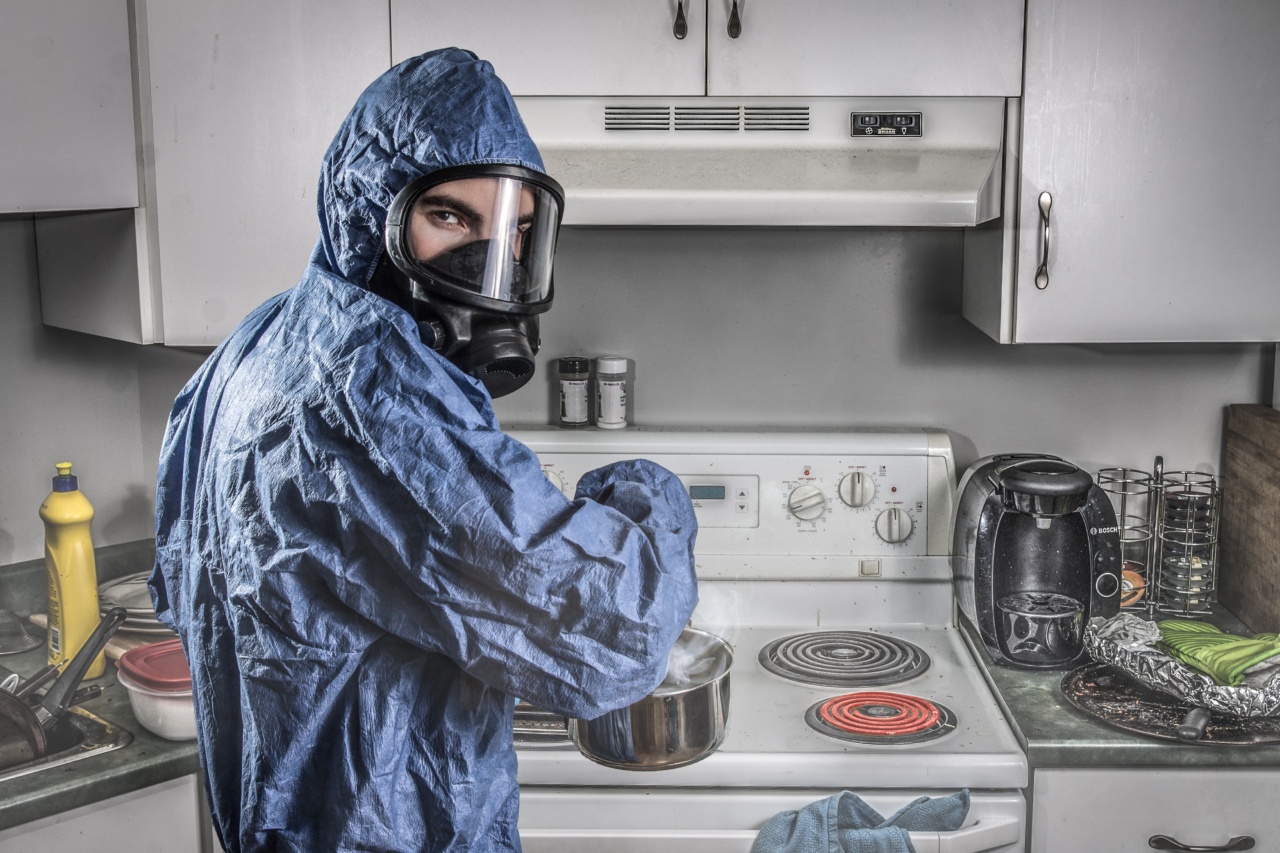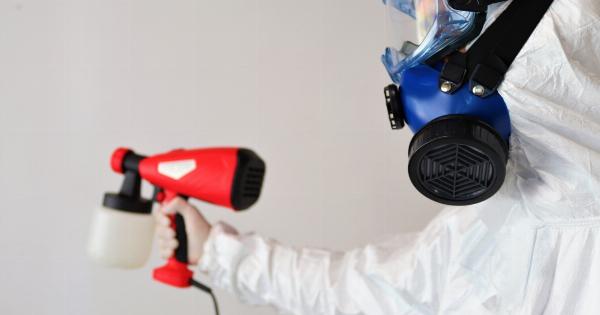Menopause, a natural stage in a woman’s life, marks the end of her reproductive years. While menopause typically occurs around the age of 50, some women may experience it much earlier than expected.
Recent studies indicate that exposure to certain chemicals may play a significant role in triggering early menopause. This article explores the link between chemical exposure and the increased risk of early menopause, shedding light on the potential health implications.
The Importance of Hormonal Balance
Before delving into the effects of chemical exposure, it is crucial to understand the role of hormones in a woman’s reproductive cycle.
Estrogen and progesterone, the primary female sex hormones, are responsible for regulating the menstrual cycle and maintaining fertility. Hormonal balance is key to the normal functioning of the ovaries and the overall reproductive system.
Chemicals and Their Impact
Human exposure to chemicals is prevalent in today’s modern society. Pesticides, plastics, industrial pollutants, and certain household products contain chemical substances known as endocrine disruptors.
Endocrine disruptors interfere with the body’s hormonal system, mimicking or blocking the actions of natural hormones. Such disruptions can lead to menstrual irregularities and even cause premature ovarian failure.
1. Pesticides
Pesticides are commonly used in agriculture to control pests and increase crop yields. Unfortunately, these chemicals can also find their way into our food and water supplies.
Many pesticides have been identified as endocrine disruptors, capable of interfering with the delicate hormonal balance in the human body. Research suggests that long-term exposure to pesticides may accelerate the onset of menopause, putting women at a higher risk of early menopause.
2. Plastics and Phthalates
Plastics are an indispensable part of our daily lives, but they can also pose a significant health risk. Phthalates, a group of chemicals used to increase the flexibility and durability of plastics, have been linked to hormone disruption.
These chemicals often leach out of plastic products, entering our bodies through direct contact or ingestion. Studies have found that phthalate exposure can disrupt normal ovarian function, potentially leading to early menopause.
3. Parabens and Personal Care Products
Parabens are preservatives commonly used in cosmetic and personal care products, including lotions, shampoos, and makeup. These chemicals have estrogenic properties, meaning they mimic the effects of estrogen in the body.
Prolonged exposure to parabens can disrupt normal hormone levels and contribute to the early onset of menopause.
4. Bisphenol A (BPA)
Bisphenol A (BPA) is a chemical used in the production of certain plastics and resins. BPA can leach into food and beverages, particularly when heated.
Studies have shown that BPA exposure can interfere with reproductive hormone levels and impact ovarian function. Women with higher BPA levels in their urine are more prone to early menopause.
5. Environmental Pollutants and Industrial Chemicals
Industrial pollutants, such as polychlorinated biphenyls (PCBs) and dioxins, are environmental contaminants that can persist in the environment for many years. These chemicals can be found in contaminated soil, water, and food sources.
Exposure to PCBs and dioxins has been associated with disruptions in reproductive hormone levels and increased risk of early menopause.
Taking Control: Minimizing Exposure
While it is nearly impossible to completely avoid chemical exposure in our modern world, there are steps women can take to minimize the risks and protect their reproductive health:.
1. Eat Organic Foods
Choose organically grown fruits, vegetables, and animal products whenever possible to reduce exposure to pesticide residues commonly found in non-organic produce.
2. Store and Heat Food Safely
Avoid using plastic containers for hot or acidic foods and beverages as these can cause chemicals like BPA to leach into your meals. Opt for glass or stainless-steel containers instead.
3. Use Natural and Chemical-Free Personal Care Products
Read labels carefully and avoid products that contain parabens and phthalates. Look for alternatives that use natural preservatives and ingredients.
4. Filter Your Water
Invest in a high-quality water filter to remove harmful chemicals, including pesticides, heavy metals, and chlorine, from your tap water.
5. Choose Safe Cleaning Products
Opt for non-toxic, environmentally friendly cleaning products that do not contain harsh chemicals or endocrine disruptors.
Conclusion
The increasing incidence of early menopause is a concerning trend that affects women’s overall health and wellbeing.
While genetic factors and certain medical conditions can contribute to early menopause, exposure to chemicals is emerging as a significant risk factor. Understanding the potential dangers of chemical exposure and taking steps to minimize risks can help protect women’s hormonal health and mitigate the onset of early menopause.































